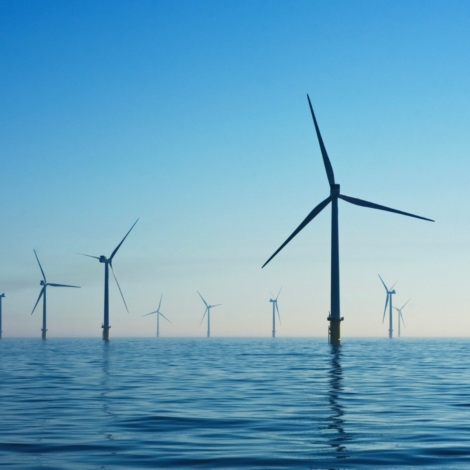Engineers can fill gaps in the global response to climate change through research, design and advocacy rooted in systems thinking, one thought leader says Itoro Atakpa, Founder of GreenOrg Strategies.
“Engineers for change can bridge the gaps to support climate action and drive resilience by undertaking community-level research, building inclusive design, and developing local-level innovations that are scalable and replicable,” Ms. Atakpa said in a recent presentation to the Engineering for Change Fellowship discussing the roles engineers can take in support of the work to mitigate disaster.
Read More: How Engineers Can Engage More Effectively in Public Policy
Engineers trained in systems thinking may recognize Ms. Atakpa’s birdseye perspective. Climate change impacts are interconnected to the water-energy-food nexus, she says. For example, water is needed to grow food, support livestock, and cool power plants. Also, how we farm affects the availability of water and agriculture. Therefore, being aware of where vulnerabilities lie and understanding who we want to design for and what kind of impacts products will have is crucial, Ms. Atakpa says.
Moreover, engineers can design replicable technologies, conduct large-scale research studies on technical innovations, deploy large-scale technology, and engage with policymakers. In doing so, engineers mitigate the most severe risk factors associated with climate change, Ms. Atakpa says.
Engineers can also mitigate the climate impacts of a product in various stages of production. For instance, in raw materials extraction, engineers can reduce impact by recycling to lessen the need for new materials; implement precision mining to reduce energy use; and use renewable energy to mine or acquire new materials to power some extraction operations. In manufacturing, they can use energy-efficient machinery and manufacturing to lower energy consumption.
Above all, Ms. Atakpa encouraged the engineers to be creative. And they should consider ways to mitigate feedback loops so that climate change doesn’t spiral, Ms. Atakpa says.
About the Author
Mercy C. Wanjiku Nduati is the Engineering for Change Editorial Fellow for 2025. She also works on the editorial staff of the Vennomax Media Network that publishes the Industrial Journal magazine. And she has written for the magazine Kenya Engineer, published by the Institution of Engineers in Kenya. She holds a bachelor’s degree in communication and media from Egerton University.

